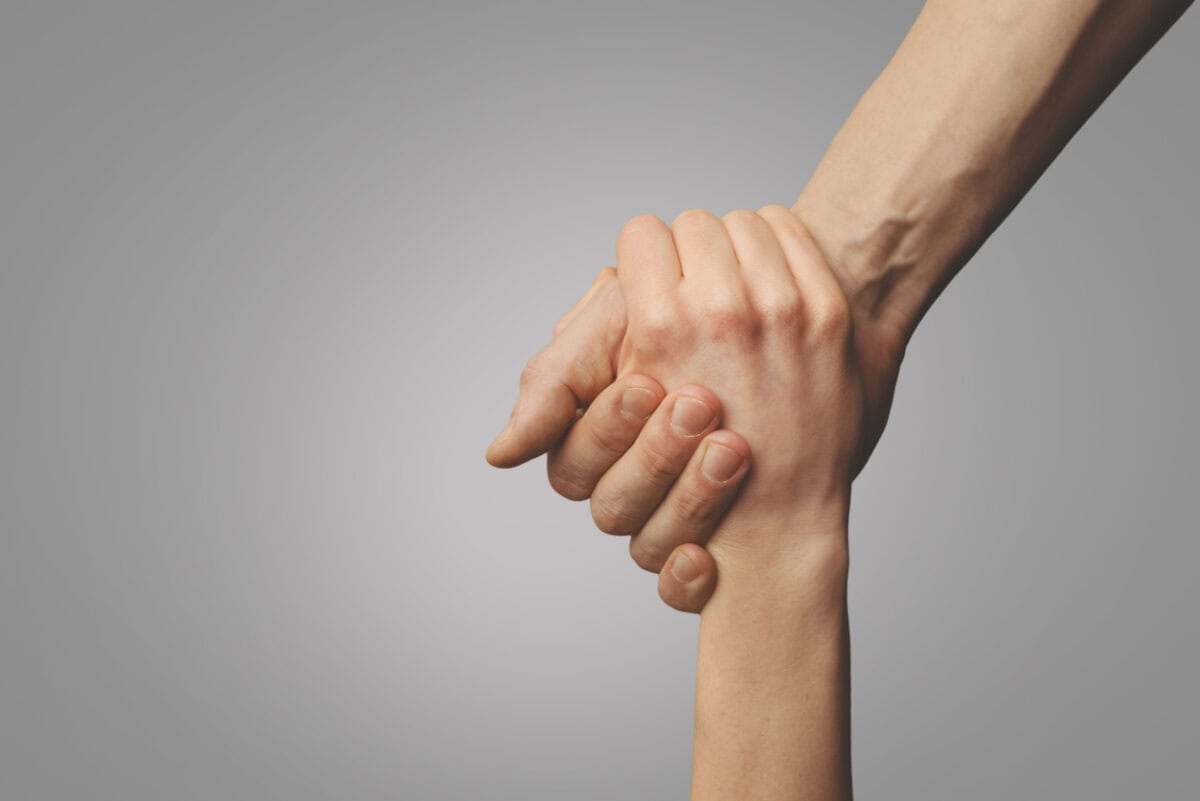Psychological safety dominated the 2025 WorkSafe Victoria Awards held in late February 2026. (At somepoint, WorkSafe is going to have to bring the awards back to the Safety Month schedule of October) This is perhaps not surprising, as psychological safety and psychosocial hazards remain hot issues in Victoria, but some other important finalists shone.
Category: depression
Soldiering on to Burnout is Nonsense, Unsafe and Unwise
One of the best summaries of burnout was an article in The Guardian on February 15 2026, written by Zing Tsjeng, titled “Facing meltdown? Over 75% of people suffer from burnout – here’s what you need to know” (paywalled). It has its flaws, but the selection of sources, including Christina Maslach, is impressive.
Psychosocial and psychological wisdom
LinkedIn is becoming similar to Facebook in some ways, but it still provides excellent interpretations of occupational health and safety (OHS) laws and important social perspectives. Below are two such posts, reproduced with permission from the authors Richard Coleman and David Burroughs. (I have asked Richard to write some articles exclusively for SafetyAtWorkBlog)
Our understanding of suicides is improving…..finally
[The following article discusses suicide]
In November 2024, Victorian Coroner John Cain said:
“”While our early research suggests that Victoria’s suicide rate has not increased overall, it is troubling that we continue to see no sustained reduction in lives lost.”
Cain has instigated a research program with the Melbourne School of Population and Global Health at the University of Melbourne to provide a better understanding of suicide trends and rates. An understanding supported and queried by an article (paywalled) in The Weekend Australia written by journalist Stephen Corby.
A hopeful book about suicide and mental health
John Brogden‘s book Profiles in Hope sounds like it is about suicide, but it is about much more than that. His interviews with a broad group of Australians, some very prominent, say a lot about growing up, anxiety, depression, distress, trauma and, sometimes, suicide, but it is primarily about hope.
This is not a book about personal enlightenment or personal resilience, although some interviews touch on these issues. Thankfully, this book is not a wellness tome masquerading as marketing for soy candles, essential oils, corporate gullibility, and overpriced wilderness retreats. Though there is enlightenment, several interviews confront the reader.
A new perspective on trauma and its personal and social impacts
Our understanding of stress continues to evolve even though it seems to be splintering into mental health. mental illness, psychosocial harm, mental well-being and more. Recently Orla T. Muldoon of the University of Limerick published “The Social Psychology of Trauma- Connecting the Personal and the Political”. I dipped into this book and found some information pertinent to the occupational health and safety (OHS) approach to post-traumatic stress.
Peter Howard and Work-Related Suicide
Work-related suicide is the psychosocial equivalent of a physical workplace fatality. They represent failures of occupational health and safety (OHS) management and the presence of unsafe systems of work.
Several years ago in Adelaide, Australia, a worker burned to death in his car outside the company’s premises. Work-related suicide after decades of bullying was the expected outcome, but the findings of a recent Coroner’s inquest were inconclusive. The death of 59-year-old Peter Howard deserves more attention and consideration.
Warning: this article discusses suicide







